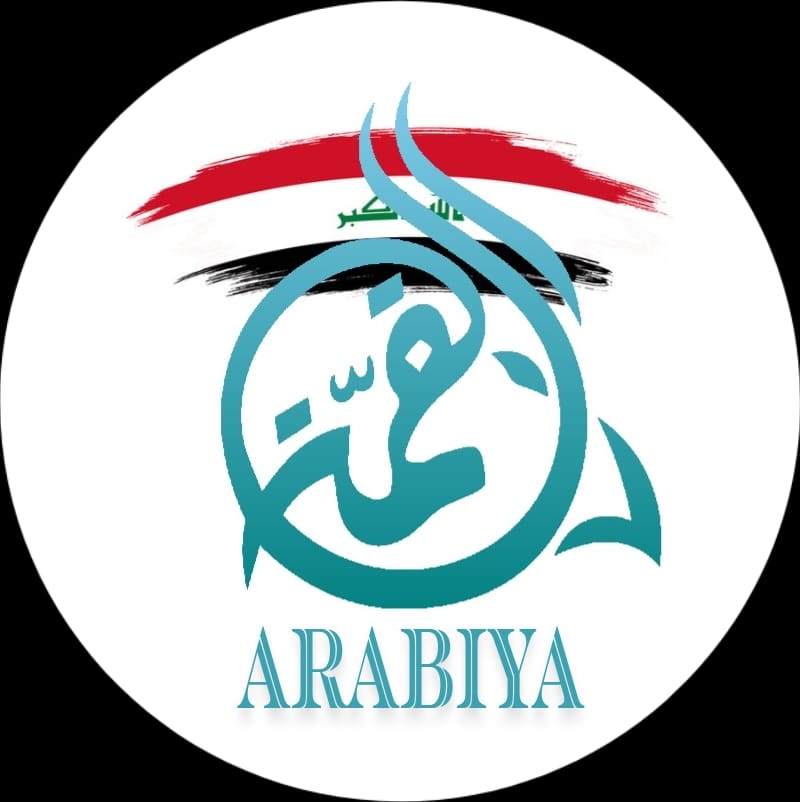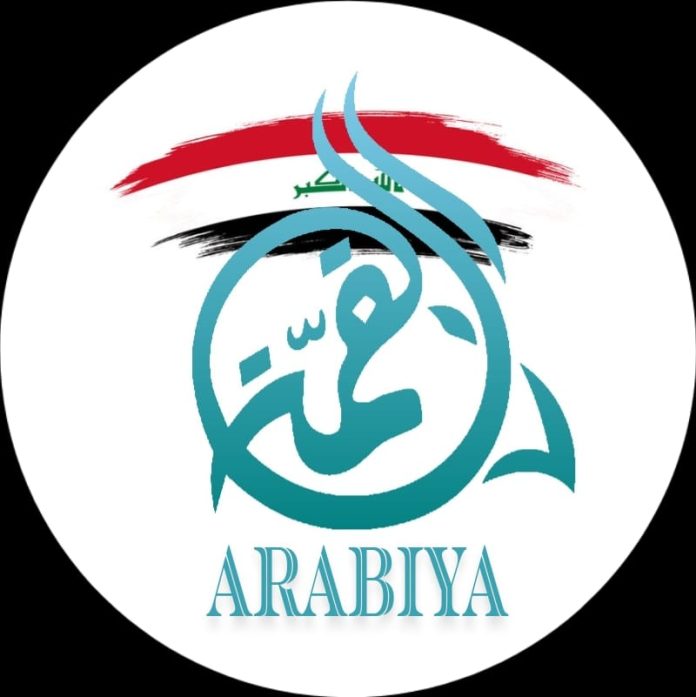Iraq / Arab Summit News Agency
A new initiative aims to find ways to protect agricultural lands in Iraq from rising levels of salinity.
The Epic of Atrahsis, an ancient Babylonian story, tells how the fields in ancient Mesopotamia became white, after salt seeped into the soil.
After nearly four thousand years have passed, Iraq began to lose important agricultural lands, as a result of the high levels of salinity in the soil and groundwater, due to the lack of an effective drainage infrastructure, after it became in a deteriorating state.
The Iraqi government invited local and international organizations to conduct research; In order to improve the management of soil salinity and water resources.
“The project represents an initiative taken by the International Center for Agricultural Research in the Dry Areas (ICARDA),” said Luigi Cavestro, Soil Salinity Management Project Coordinator in Iraq. He added, “Currently, it is estimated that 25% of the irrigated land in Iraq – an area of two million hectares – does not allow crops to be grown.”
He explained that the loss of land – due to salinity – leads to food and income insecurity; Which affects most of the poor.
This initiative, which is funded by the Australian and Italian governments, assesses the state of irrigation and drainage infrastructure, and will then advise on best farming practices for different salt-tolerant crops, and develop ways to improve soil, irrigation, water and sanitation management. to control salinity.
The researchers had discussions with farmers; To identify the problems they face, and to learn how to deal with the current problem. “We are in an advanced stage of research, but we need to validate the results in the coming months,” Cavestro predicted.
The researchers are conducting studies covering five major sites in central and southern Iraq: Dujaila, Musayyib, Abu al-Khasib, West Gharraf, and Shatt al-Arab.
Cavestro expressed his hope that this initiative will contribute to guiding political decision-makers in Iraq on the best ways to address the problem of salinity, while at the same time “increasing agricultural production, through sustainable measures in the long term.”
This may take time, he added, noting that “the project works on different levels… at the farmer level, at the district level, at the regional level, and at the national level.”
Mushtaq Ahmed, director of the Center for Environmental Studies and Research, which conducted a study on the environmental salinity of this Gulf country, confirmed that conducting a study on salinity levels in Iraq is important for the entire region.
Ahmed said that salinity represents a serious problem in the Arab world, especially in the Gulf countries, and that the problem is already entrenched there, and therefore the desired solution must deal with how to live with salinity.




















